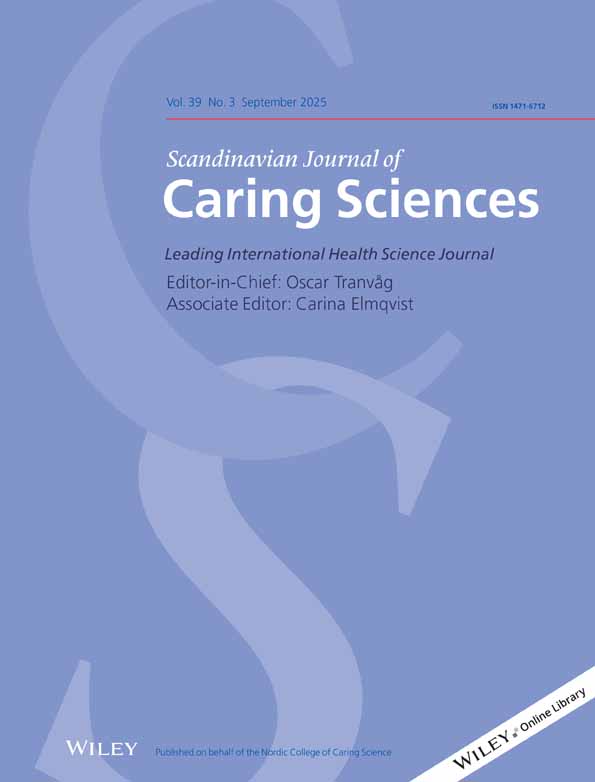The vocational situation in cases of memory deficits or younger-onset dementia
Abstract
The aim of the study was to describe how persons with memory deficits or younger-onset dementia perceived and met their problems, with particular reference to their present and future vocational situation, including describing the parallel observations and attitudes of other significant persons in the vocational context. Data were collected through 16 interviews, one with each of nine subjects and seven respondents from the subjects' work-places. All interviews were analysed with a comparative method, searching for themes. In addition, subjects' IADL (instrumental activities of daily living) ability and cognition were assessed. The findings demonstrated that the subjects themselves experienced extensive difficulties before their predicament was defined. The difficulties were met by spontaneous and planned strategies on the part of the subjects and by adaptations at the workplaces, but with limited success. The situation also profoundly affected fellow workers. Overall, both the subjects and the work-place respondents had a positive attitude to continued work as long as the subjects made useful contributions. The possibility of remaining in work seemed to depend on multiple factors, including the individual's apprehension of his or her own ability and the length of the sick-leave.




